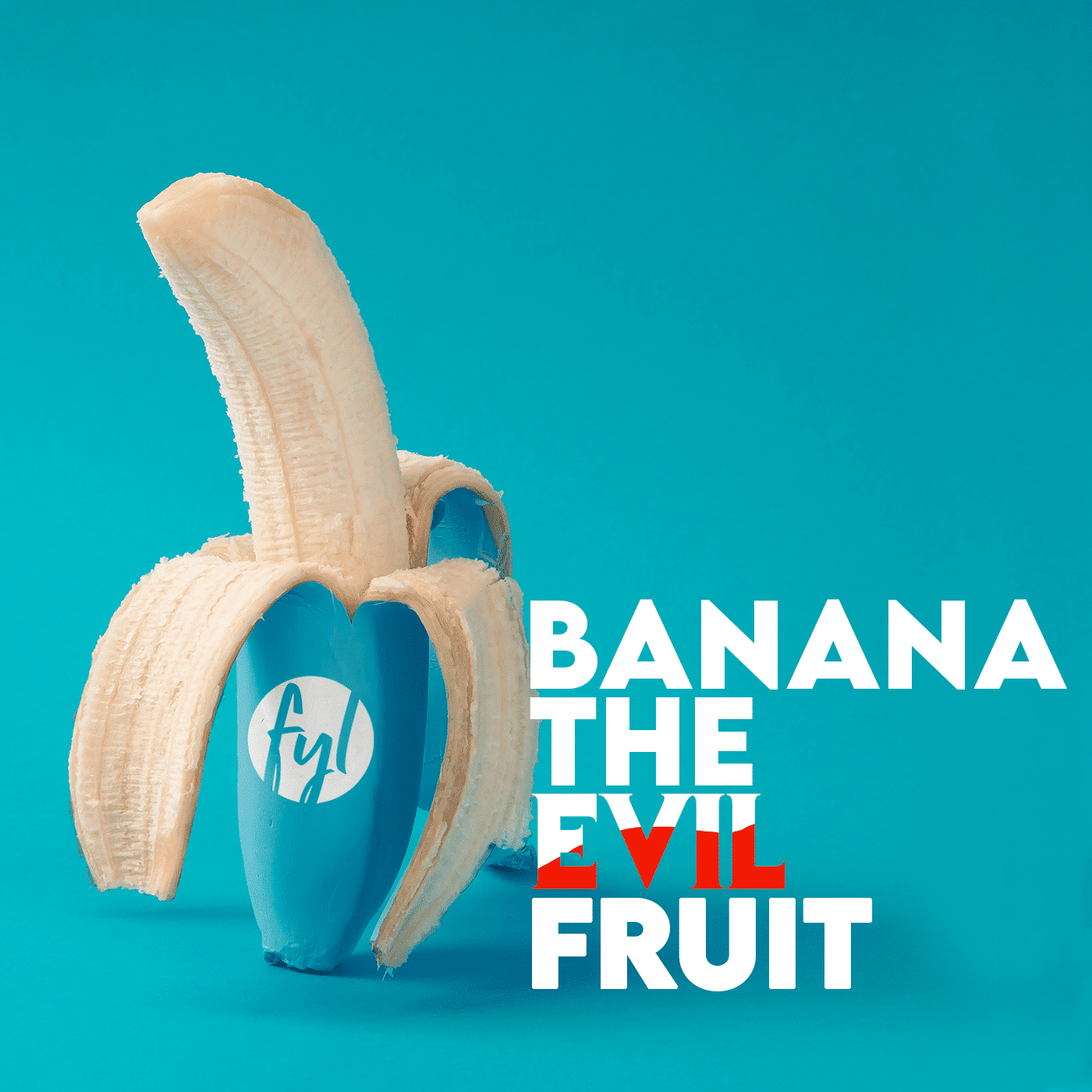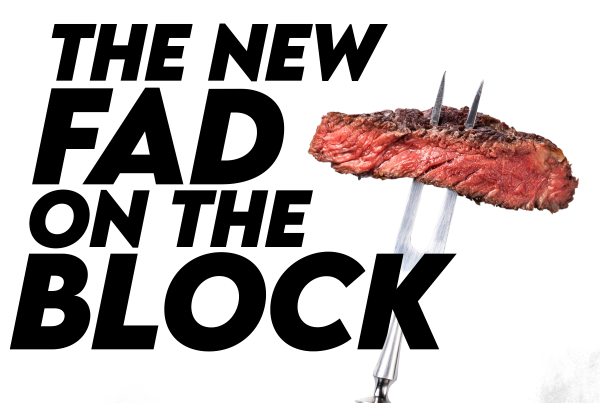Banana IS a misunderstood fruit. Bananas are blamed for being “too high in sugar”, making them “off-limits” for those with diabetes or the cause of weight gain in others. Does the idea that bananas are ‘bad’ for us have merit? Should we avoid them? Or are they actually a valuable source of nutrition? Well, Fuel Your Life is here to debunk another common nutrition myth with the cold hard facts.
Bananas are both delicious AND nutritious! Here’s why…
Banana and Nutrition
Bananas are a nutrition powerhouse, providing a number of beneficial nutrients including:
- Potassium: regulates muscle contractions, fluid balance and assists in nerve communication. It has also been linked to improved heart health, including a reduction in blood pressure.
- Magnesium: essential in muscle contraction and nerve function.
- Vitamin B6: important in brain development, immune function and aids in energy utilisation by the body.
- Dietary Fibre: to promote regular bowel movements, feelings of fullness and aid blood glucose control (Harvard School of Public Health).
They are also a source of prebiotics which can enhance gut health. Prebiotics are a substance which acts as ‘food’ for our gut bacteria, promoting a healthier gut!
But Aren’t Bananas Full of Sugar?
A medium banana (120g) contains approximately 28 grams of carbohydrates, 18g of which is naturally occurring sugar. This will also depend on how ripe a banana is – the riper the banana, the greater level of sugar and vice versa. This is why overripe bananas make great additions to baking and banana bread due to their sweetness.
Are bananas high in sugar compared to other fruits?
- Apple (medium): 25g of carbohydrates, 19g of which is natural sugars
- Pear (medium): 27g carbohydrates, 17g of which is natural sugars
- Orange (medium): 19g carbohydrates, 14g of which is natural sugars
- Strawberries (1 cup): 12g carbohydrates, 7g of which is natural sugars.
Bananas may be on the ‘higher end’ in respect to sugar and carbohydrate content, however, they are not much different compared to both a pear or an apple, both of which do not gain the same attention as the humble banana! This carbohydrate content does not take away from the valuable source of nutrition bananas provide. Does this mean eat 758393 bananas per day? No. This means bananas CAN be included as part of a balanced diet, however, there is always benefit in rotating the types of fruit you include, to ensure your nutrient targets are met!
What About Those with Diabetes? Can They Safely Include Bananas?
Some people may be worried about the higher sugar content of bananas, particularly those who are mindful of their blood sugar levels such as those with diabetes. Bananas are also low GI and contain resistant starch which slows the digestion of the banana, therefore contributing to a more steady release of sugar into the blood, aiding blood glucose control. You can slow this process down further if pairing your banana with a protein source such as reduced-fat Greek Yoghurt.
How Can YOU Include More Banana In Your Diet?
Now we have established bananas are nutritious and do not have to be eradicated from our diets, what are some delicious and nutritious ways to include them?
- Add banana to your cereal or with peanut butter on toast for breaky.
- Freeze over-ripe bananas and add to a smoothie with reduced-fat milk, yoghurt, berries and cinnamon for a nice, thick smoothie!
- Heading for a workout? A banana is a great source of carbohydrate making it an excellent fuel source to consume prior to a sweat sesh.
- Try banana pancakes: combine mashed banana with an egg, a generous sprinkle of rolled oats (or flour) and a dash of cinnamon and then cook in the pan. Serve with mixed berries and reduced-fat yoghurt!
- Over-ripe bananas in the fruit bowl? Create banana bread, wholemeal muffins or freeze for later use.
- Create banana ice cream by freezing chopped bananas, blend with a dash of milk and cinnamon and serve!
- Enjoy on the run as a great snack!
The bottom line is that bananas are nutritious and can be included as part of a varied diet. They are a convenient on the go snack and a delicious addition to your meals and baking! If you are interested in debunking more nutrition myths, head to our website and contact one of our incredible dietitians today!







